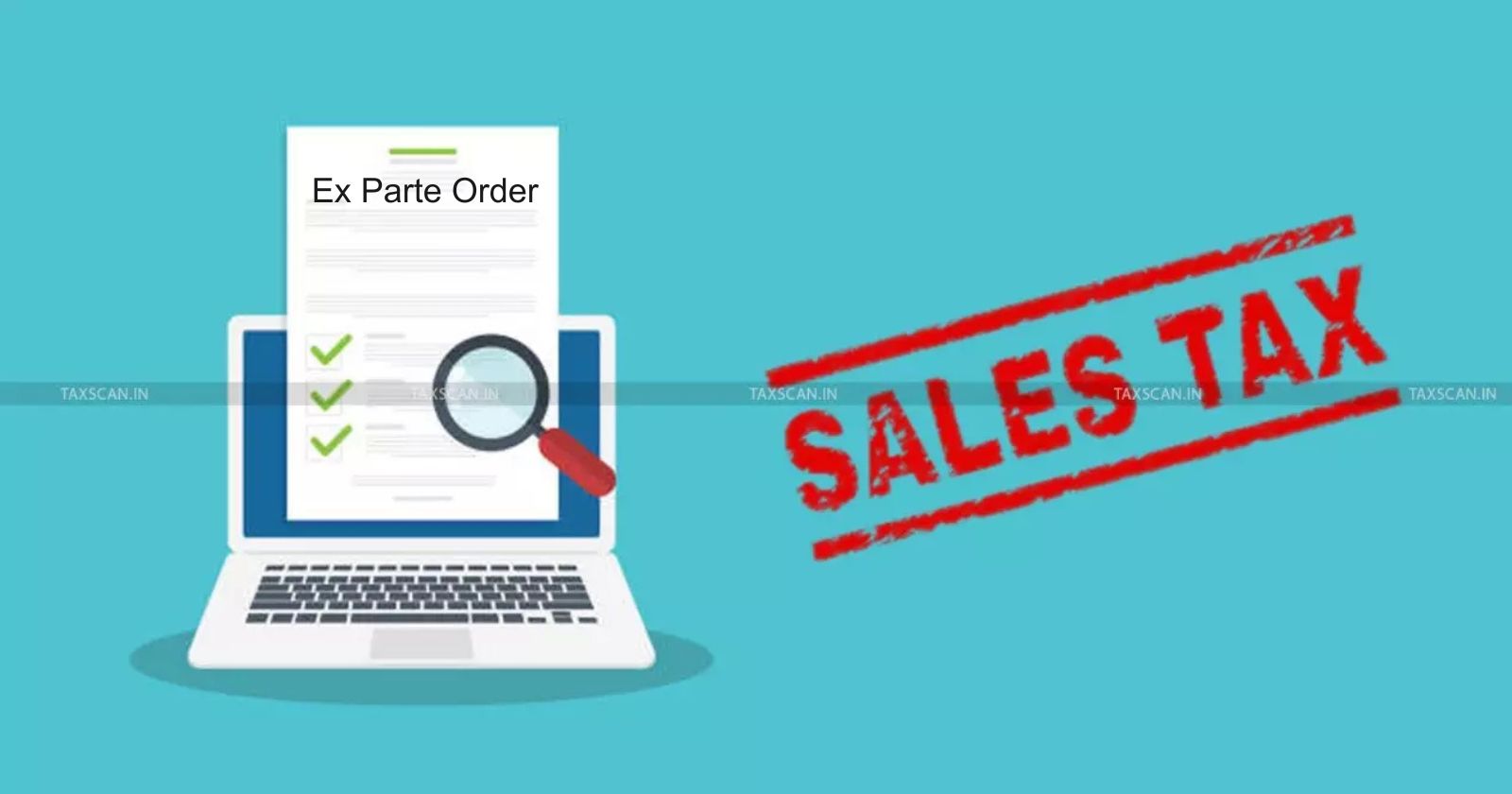Higher Import Duty applicable at 7.5% Upon Import of Aluminium Foils as per Date of Crystallization: CESTAT rejects Jil Pack’s Refund Claim [Read Order]
The Tribunal found documentary evidence insufficient to override the statutory mandate of port-specific entry inwards under Section 31 of the Customs Act, 1962
![Higher Import Duty applicable at 7.5% Upon Import of Aluminium Foils as per Date of Crystallization: CESTAT rejects Jil Pack’s Refund Claim [Read Order] Higher Import Duty applicable at 7.5% Upon Import of Aluminium Foils as per Date of Crystallization: CESTAT rejects Jil Pack’s Refund Claim [Read Order]](https://images.taxscan.in/h-upload/2025/10/02/2093307-import-duty-higher-import-duty-import-of-aluminium-foils-taxscan.webp)
The bench of the Customs, Excise & Service Tax Appellate Tribunal (CESTAT) , Ahmedabad, has dismissed an appeal concerning the applicable rate of customs duty on imported aluminium foils, upholding that the relevant date for determining duty liability of 7.5% is the “entry inwards” at the port of unloading, not the vessel’s earlier arrival at another Indian port.
The appellant, Jil Pack, based in Ahmedabad, had imported aluminium foils from China. The consignment was shipped on a vessel carrying cargo for two different importers, one in Thane and the other being the appellant. The vessel first arrived at Bombay Port on 27 February 2016, in which the goods meant for the Thane importer were unloaded as the consignment for Jil Pack was offloaded later at Pipavav Port on 1 March 2016.
The Union Budget of 2016 increased customs duty on such goods from 5% to 7.5% with effect from 1 March 2016. The Appellant paid the duty at the earlier rate of 5% since the vessel had already entered Indian territorial waters on 27 February 2016. However, customs officials applied the enhanced rate of 7.5% based on the date of arrival at Pipavav Port.
After paying the differential duty of ₹4,01,286 under protest, the appellant sought a refund of ₹3,44,229, which was rejected by the adjudicating authority and confirmed on appeal before the Commissioner (Appeals).
Understanding Common Mode of Tax Evasion with Practical Scenarios, Click Here
 Also Read:Dealer Fails to Appear Due to Illness: Madras HC Quashes Sales Tax Ex Parte Order, Remands Matter on Sales of Children’s Educational Books [Read Order]
Also Read:Dealer Fails to Appear Due to Illness: Madras HC Quashes Sales Tax Ex Parte Order, Remands Matter on Sales of Children’s Educational Books [Read Order]
Represented by Devashish K. Trivedi, the appellant argued that under Section 2(27) of the Customs Act, 1962, the territory of India includes territorial waters, and under Section 2(23), import occurs when goods enter such waters. Since the vessel carrying the appellant’s goods entered Bombay Port on 27 February 2016, duty liability should have crystallised on that date, prior to the increase.
Relying on judicial precedents such as Pride Foramer v. Union of India (2002), that when advance bills of entry are filed, the relevant date is the vessel’s arrival in territorial waters, not the subsequent offloading at another port. It was thus submitted that the duty rate of 5% should apply, and therefore, refund should be granted.
Represented by N.G. Makwana, contended that the proviso to Section 15(1) of the Customs Act, 1962 makes it clear that where a bill of entry is filed before the “entry inwards” of the vessel, it shall be deemed to have been presented on the date of such entry inwards. In this case, the bill of entry filed on 25 February 2016 for goods to be unloaded at Pipavav Port was deemed presented on 1 March 2016, when entry inwards was granted at Pipavav.
The earlier inwarding at Bombay could not govern the consignment for Pipavav, as entry inwards is port-specific. Relying on Judicial Precedent Sha Poosaji Mangilal v. Collector of Customs (1991) which held that duty is linked to the date of entry inwards at the specific port of unloading. It was also submitted that the appellant had not challenged the assessment order, which had attained finality, making the refund claim unsustainable.
Understanding Common Mode of Tax Evasion with Practical Scenarios, Click Here
 Also Read:DGFT Announces 6-Month Extension of RoDTEP Scheme for DTA, AA, SEZ and EOU Exports: Know New Deadline [Read Notification]
Also Read:DGFT Announces 6-Month Extension of RoDTEP Scheme for DTA, AA, SEZ and EOU Exports: Know New Deadline [Read Notification]
The Bench of Judicial Member, Somesh Arora upheld the order of the Commissioner (Appeals), reiterating that Section 15 of the Customs Act, 1962 is a machinery provision prescribing the relevant date for determination of the rate of duty.
While goods assume the character of imported goods upon entry into territorial waters, assessment must follow the statutory scheme, which specifies that the rate applicable is the one prevailing on the date of entry inwards when the bill of entry is filed in advance. The Tribunal further observed that entry inwards is port-specific under Section 31 and must be granted at each port by the proper officer.
Accordingly, the Tribunal found that the appellant’s reliance on older decisions based on the unamended Section 15 was misplaced. Since entry inwards at Pipavav was granted on 1 March 2016, the higher rate of 7.5% shall be applied.
Consequently, the refund claim was rejected and the appeal was dismissed.
Support our journalism by subscribing to Taxscan premium. Follow us on Telegram for quick updates


